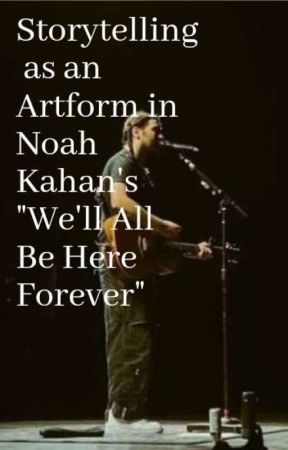Dial Drunk is about a failed attempt to get in contact with an ex, despite promising to forget about them. The first verse -
I’m rememberin’, though I promised to forget you now
But it’s raining and I'm calling drunk
And my medicine is drowning your perspective out
So I ain’t taking any fault
Am I honest still? Am I half the man I used to be?
I doubt it, forget about it, whatever
- is about what happens as the call is being placed. They only just remember that they swore not to call the subject after they broke up, but since they are under the influence, they have forgotten about the deal they made. The mention of the subject’s perspective is a nod to New Perspective, which is about change. The narrator is calling the subject because they hope that the version of the subject that they were in love with would pick up the phone, rather than the version that changed.
The chorus -
I ain't proud of all the punches that I've thrown
In the name of someone I no longer know
For the shame of being young, drunk, and alone
Traffic lights and a transmitter radio
I don't like that, when they threw me in the car
I gave your name as my emergency phone call
Honey, it wrang and wrang
Even the cops thought you were wrong for hanging up
I’d dial drunk, I’ll die a drunk, I’d die for you
- is either manipulative or existential. The first two lines holds two meanings. One, the narrator fought for the subject and now feels that it was in vain as they feel like a stranger to them, or two, the narrator has fought for themselves and their beliefs and ideas, but they feel as though they no longer know themself like they once did. However, the line about even the police believing that the subject is in the wrong serves as a laugh in the subject’s face. The narrator’s train of thought boils down to “even the police thought you were in the wrong, so that must mean that I am in the right,” which is honestly rather childish. As well as this, since the subject has no proof as to how true the statement is, they are forced to just take the narrator’s word for it. The entire verse is just one long childish manipulation tactic.
The second verse -
I’m untethering from the parts of me you’d recognise
From charming to alarming in seconds
I'll be bedridden, I'll let the pain metastasise
But that’s morning, I’ll forget it
And the dial tone is all I have
- is about the narrator deciding not to hide their feelings about the situation. As well as this, the first line is out of spite rather than feeling change is necessary. The narrator is only changing because they feel as though it is payback. They are hoping that the subject will go back to who they were in the relationships when they realise that they do not like who the narrator has become after changing.
The bridge -
Thank you, sir, just let me call
I'll give you my blood alcohol
I’ll rot with all the burnouts in the cell
I’ll change my faith, I'll praise the flag
Just wait, I swear she’ll call me back
Oh, son, are you a danger to yourself?
Well, fuck that, sir, just let me call
I’ll give you my blood alcohol
I'll rot with all the burnouts in the cell
I'll change my faith, I’ll kiss the badge
Just wait, I swear she'll call me back
Son, why do you do this to yourself?
- shows how confident the narrator is that the subject will be there for them, despite knowing that they had promised to forget each other once the relationship ended. The sixth line is an attempt at a mental health assessment that the narrator completely blows off. They also know that their blood alcohol will lead them to be put into a cell, likely filled with people in the same predicament as them. The narrator is willing to “kiss the badge” (suck up to police), as well as changing their faith, because they are so convinced this person will come pick them up. Meanwhile, the entire bridge contradicts the plot of She Calls Me Back.
Dial Drunk chronicles an existing cycle of the subject not being there for the narrator, and the narrator hating them for it. Obviously, the subject would have either moved away or died by this point in the Stick Season timeline, however this song and multiple others tell the tale of the narrator’s inability to move on from the loss.

YOU ARE READING
Storytelling as an Artform in Noah Kahan's "We'll All Be Here Forever"
RandomI wrote an essay. That's nothing out of the ordinary, seeing as I published many on my old account. But this one. This one is different.
